#language method
Text
Ever since I started learning Korean, I've wanted to make a quote book of Disney quotes in Korean but since I discovered Weeve and the Weave method (foreign words weaved into English) I've found it better and more fun to not write the full quote in Korean.
I'm so excited to start this little project that I've been waiting to do for 9 years.
Starting with the princesses in order than move onto other classic Disney films.
(If only I could draw)
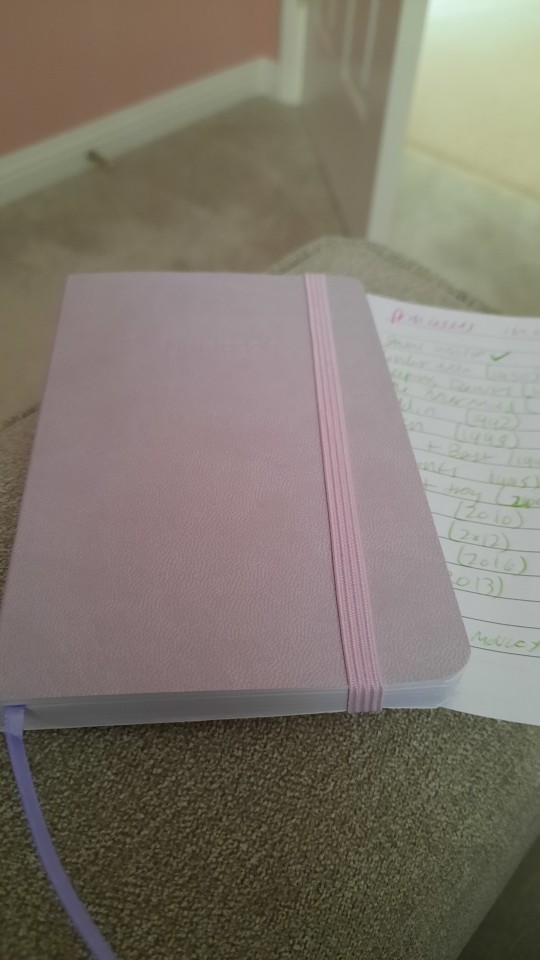

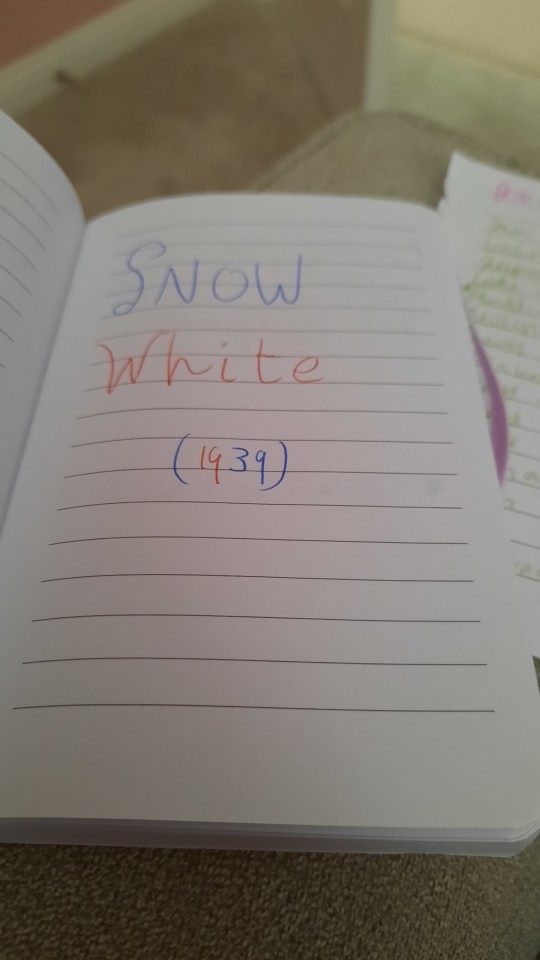

#language#language learning#korean#learning korean#korea#disney#weeve#weave method#language method#snow white#disney quotes#quotes#its a small world
6 notes
·
View notes
Text
Hannibal switching to Will's chaotic attack style by biting Dolarhyde the way Will bit Cordell and Will switching to Hannibal's calculated attack style by gutting Dolarhyde the way Hannibal gutted him will never NOT get me.
#Ik it's an obvious observation but it's such a nice detail#Their love language is sharing maiming methods#hannibal#hannibal nbc#nbc hannibal#hannibal lecter#hannigram#will graham#murder husbands
3K notes
·
View notes
Text
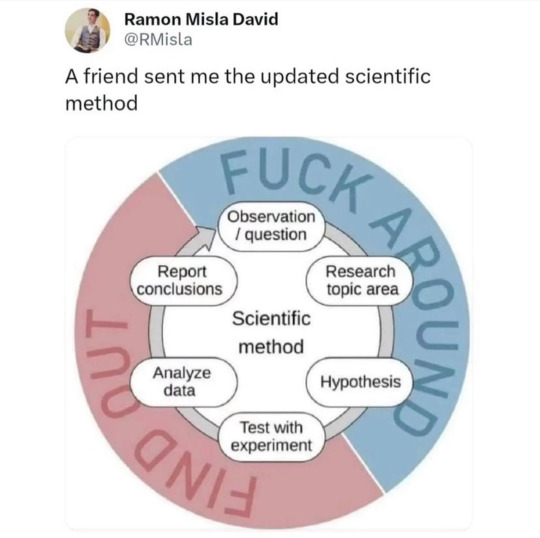
#the real scientific method#scientific method#science side of the internet#science side help me#science side#science side please explain#science side explain#science side of tumblr#mad scientist#memes#dank memes#dankest memes#mental meme#memes are my coping mechanism#memes are my love language#i’m offended by this relatable content#relatable memes#relatable shit#fresh memes
4K notes
·
View notes
Text



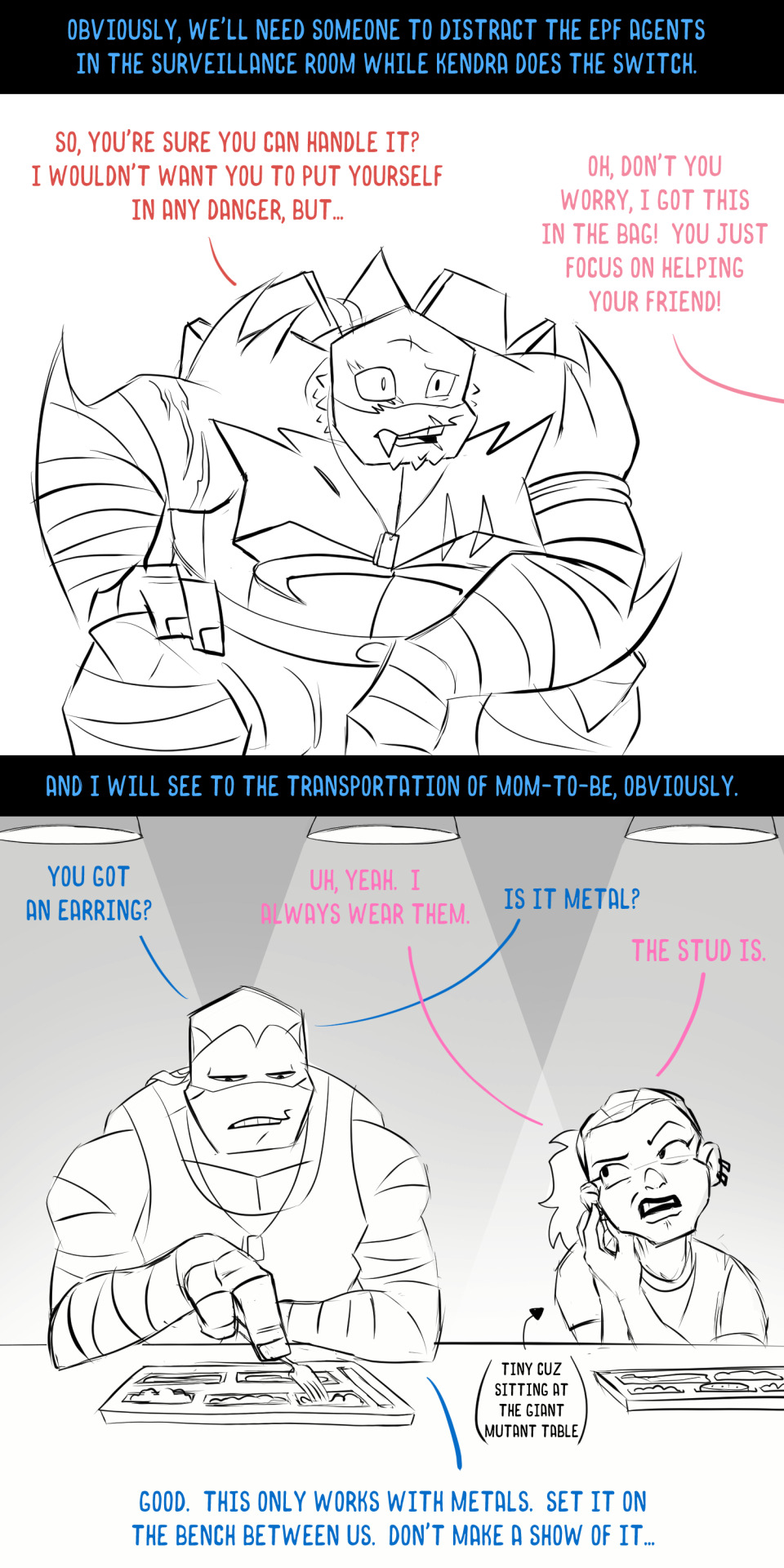
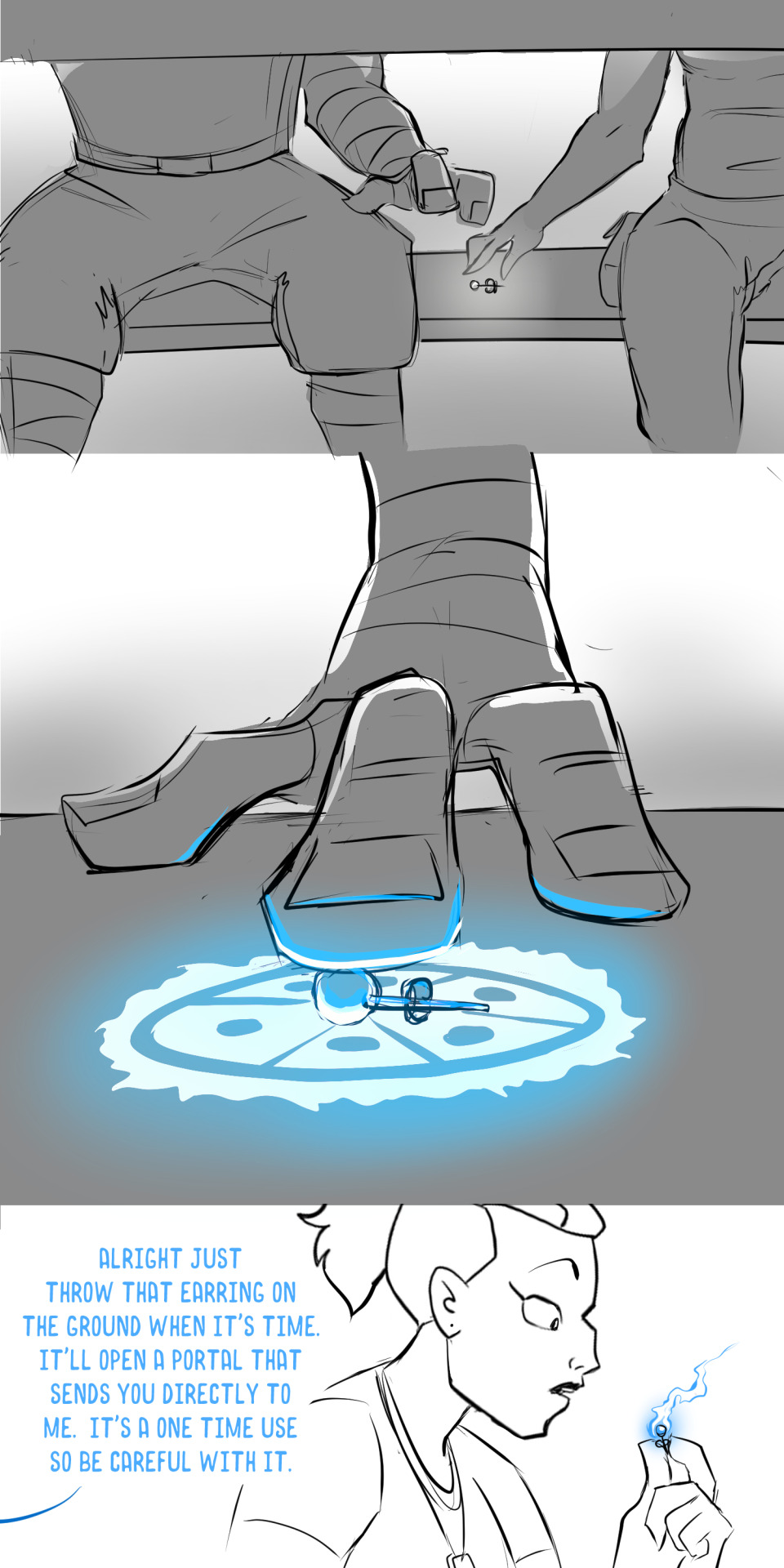



And now watch it all fall apart.
BEGINNING || PREVIOUS || NEXT
MASTER POST
Thank you everyone for your patience as I recuperate from Covid. I tested negative and am now just recuperating from the lasting effects. Honestly, this update is one I probably could have skipped, but I love me a good heist plan. Plus I just wanted to have some fun with this holiday special and if that means extending it a bit longer, then so be it.
#spoiler: it wasn't pee#I don't think Donnie has ever been called a stupid man in his entire life#it's the people closest to us that hurt us the most#both disaster twins using questionable methods to coerce others#poor Drax#never poor Kendra#even in the bad future Drax is still a lunch lady#Agent Bitch-up#what happens in Shanghai stays in Shanghai#rottmnt replica#replica#save rottmnt#rise of the teenage mutant ninja turtles#kathaynesart#unpause rottmnt#rottmnt#pregnancy#cw language#labor pain
2K notes
·
View notes
Text
A huge ancient city has been found in the Amazon, hidden for thousands of years by lush vegetation.
The discovery changes what we know about the history of people living in the Amazon.
The houses and plazas in the Upano area in eastern Ecuador were connected by an astounding network of roads and canals.
The area lies in the shadow of a volcano that created rich local soils but also may have led to the destruction of the society.
While we knew about cities in the highlands of South America, like Machu Picchu in Peru, it was believed that people only lived nomadically or in tiny settlements in the Amazon.
"This is older than any other site we know in the Amazon. We have a Eurocentric view of civilisation, but this shows we have to change our idea about what is culture and civilisation," says Prof Stephen Rostain, director of investigation at the National Centre for Scientific Research in France, who led the research.
"It changes the way we see Amazonian cultures. Most people picture small groups, probably naked, living in huts and clearing land - this shows ancient people lived in complicated urban societies," says co-author Antoine Dorison.
The city was built around 2,500 years ago, and people lived there for up to 1,000 years, according to archaeologists.
It is difficult to accurately estimate how many people lived there at any one time, but scientists say it is certainly in the 10,000s if not 100,000s.
The archaeologists combined ground excavations with a survey of a 300 sq km (116 sq mile) area using laser sensors flown on a plane that could identify remains of the city beneath the dense plants and trees.
—
"The road network is very sophisticated. It extends over a vast distance, everything is connected. And there are right angles, which is very impressive," he says, explaining that it is much harder to build a straight road than one that fits in with the landscape.
The scientists also identified causeways with ditches on either side which they believe were canals that helped manage the abundant water in the region.
There were signs of threats to the cities - some ditches blocked entrances to the settlements, and may be evidence of threats from nearby people.
Researchers first found evidence of a city in the 1970s, but this is the first time a comprehensive survey has been completed, after 25 years of research.
It reveals a large, complex society that appears to be even bigger than the well-known Mayan societies in Mexico and Central America.
—
Some of the findings are "unique" for South America, he explains, pointing to the octagonal and rectangular platforms arranged together.
The societies were clearly well-organised and interconnected, he says, highlighting the long sunken roads between settlements.
Not a huge amount is known about the people who lived there and what their societies were like.
Pits and hearths were found in the platforms, as well as jars, stones to grind plants and burnt seeds.
—
Prof Rostain says he was warned against this research at the start of his career because scientists believed no ancient groups had lived in the Amazon.
#indigenous#the amazon#anthropology#archaeology#south america#turtle island#the amazon rainforest#its the bbc so it still is eurocentric#but bolding and sharing some parts that are interesting#white scientists could save so much time by not assuming shit#i think thats part of the scientific method#some of the language is a bit iffy to me too#i dont really enjoy when non natives get to ‘discover’ something that has always been there#and was made and mightve known about by any local tribes#but hey this is cool~#and more proof that we’ve been here longer than colonizers wanna think
243 notes
·
View notes
Text
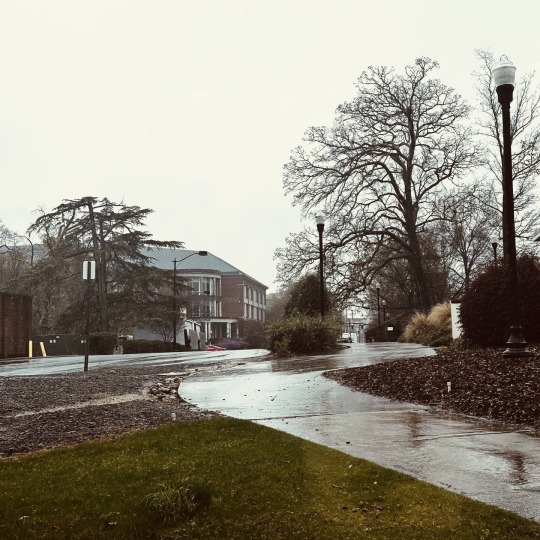
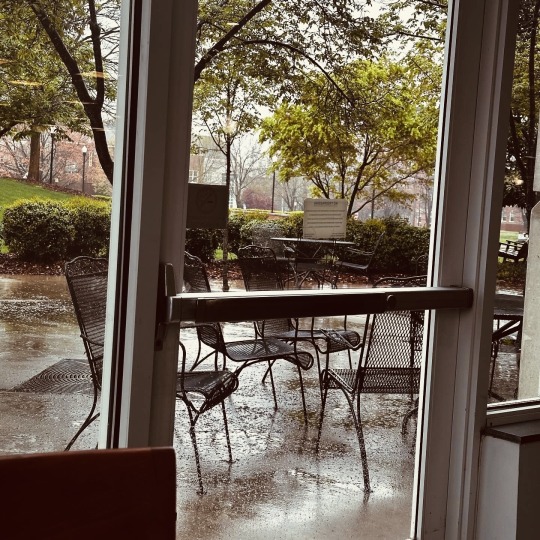

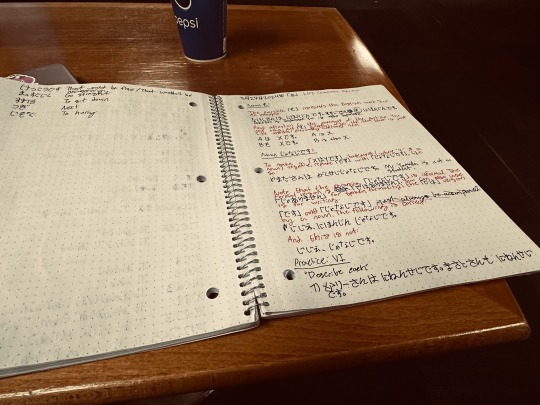
27日3月2024年
It’s raining! And I have to walk home in a bit…without my umbrella…
Things I’ve done:
WaniKani
Vocab
Grammar review
Things left to do:
N/A
I’m really tired because I didn’t sleep well last night so…probably gonna take a nap later. But we’ll see.
#japanese langblr#japanese studyblr#langblr#studyblr#japanese language#japanese#study goals#study methods#study aesthetic#study blog#studyspo#study motivation#studying#study notes#language study#japanese study#japanese studyspo
76 notes
·
View notes
Text
Kind of whack that the main way of teaching languages -- school, tests, apps -- often focus on details rather than the gist of meanings.
Like, does it really matter if i mix up masculine and feminine endings in spanish every time? If i conjugate verbs badly? Most of the people i know who make those sorts of mistakes in english ('he is go now' instead of 'he is going' etc) can communicate fine in the workplace and casual conversation, like? it's literally fine, but both academia and teach-yourself resources would prolly fail them
Meanwhile if someone could say english in perfect pronunciation, flawless grammar, and literally did not know most of the words in the english language, we'd struggle to talk at all
#language#langblr#im glad were seeing other learning methods pop up#btw don't feel the need to inform me that grammar literally encodes meaning inside it. i know that. it's just that you can destroy grammar a#and still have sentences with meaning
73 notes
·
View notes
Text
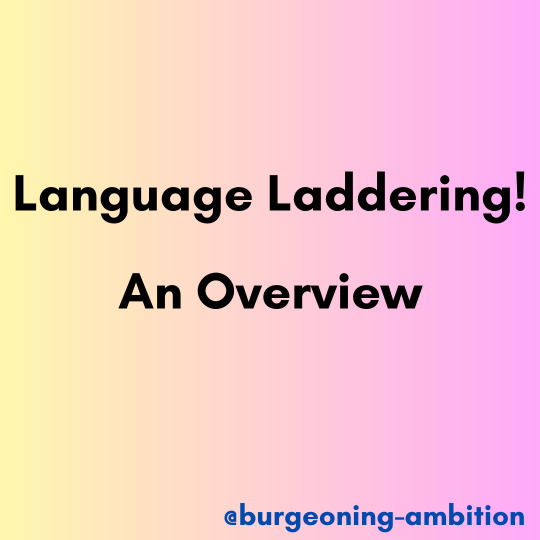

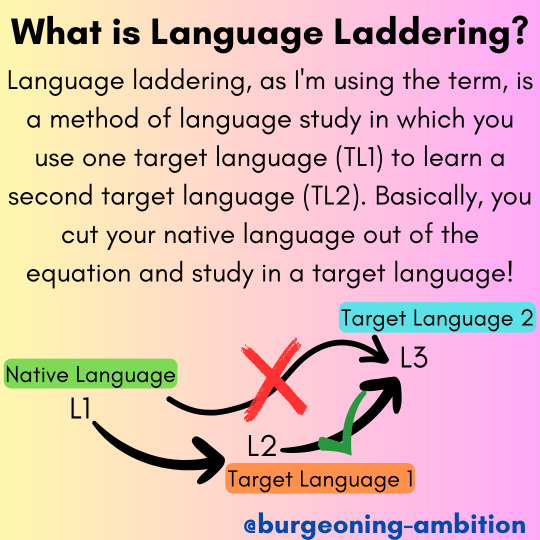


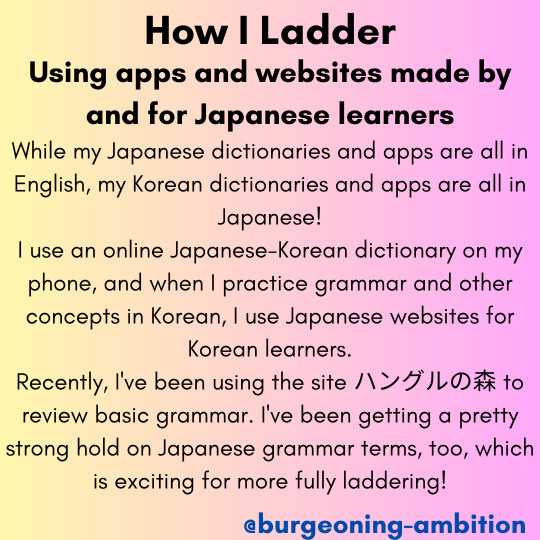

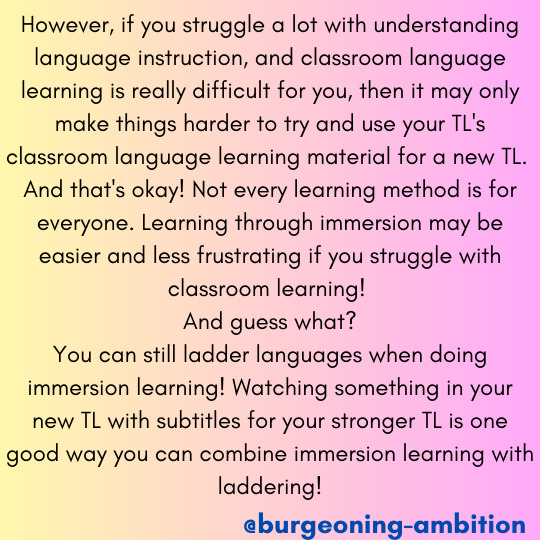

Finally a first language laddering post! In the near future I hope to start posting updates to my personal studying, maybe accompanied by study materials for others to use if I have the time! But first, I wanted to post an introduction.
Transcript of the images below the cut!
Language Laddering!
An Overview
I recently made a post asking about interest in me posting my personal Japanese -> Korean language laddering study journey and resources. And a lot of people seemed interested! Let's start off with an introduction to language laddering itself, since people may not have heard of it, or may not recognize this name for it! For my own personal stuff, I hope to post updates to my studies along with some resources as regularly as I can manage!
What is Language Laddering?
Language laddering, as I'm using the term, is a method of language study in which you use one target language (TL1) to learn a second target language (TL2). Basically, you cut your native language out of the equation and study in a target language!
How I Ladder
There are several methods you can use that I'd say count as language laddering, but I'm only going to go super in-depth into the methods I personally use!
If you study this way and have a specific method you love that I didn't mention, please mention it in a comment or reblog! I'd love to hear more methods.
Reading Japanese textbooks for Korean
Getting access to resources in Japanese is definitely harder because of international shipping, but I'm able to find store listings that offer sample pages! I've been using these until I can get the money to actually buy them.
In the meantime as I wait to get fully Japanese texts, I use the speaking pen from Learn Korean With BTS, haha- the speaking pen reads the book in four languages, and Japanese is one of them! So I just listen to it like an audiobook instead of reading the English!
Using apps and websites made by and for Japanese learners
While my Japanese dictionaries and apps are all in English, my Korean dictionaries and apps are all in Japanese!
I use an online Japanese-Korean dictionary on my phone, and when I practice grammar and other concepts in Korean, I use Japanese websites for Korean learners.
Recently, I've been using the site ハングルの森 to review basic grammar. I've been getting a pretty strong hold on Japanese grammar terms, too, which is exciting for more fully laddering!
Laddering languages in the way I choose to can be a very fun way to learn a new language and study one you've already been working on, but it doesn't work for everyone!
People who enjoy learning grammar and reading about how language works may enjoy it because they can learn grammar the way it's taught in their target language rather than how it's taught in their native language! This can be exciting, it's interesting to see how different languages teach concepts and learning grammar terms in a TL can open grammar-related doors! If you're a linguistics nerd like me, grammar-related doors are super exciting.
However, if you struggle a lot with understanding language instruction, and classroom language learning is really difficult for you, then it may only make things harder to try and use your TL's classroom language learning material for a new TL.
And that's okay! Not every learning method is for everyone. Learning through immersion may be easier and less frustrating if you struggle with classroom learning!
And guess what?
You can still ladder languages when doing immersion learning! Watching something in your new TL with subtitles for your stronger TL is one good way you can combine immersion learning with laddering!
I hope to post more about language laddering, although it will probably be pretty catered to my own personal study! People can feel free to send asks about anything specific they'd like to know! (Although I certainly am not an expert, so I can't answer everything)
Also, I know this post was SUPER text heavy, so thank you for making it to the end! I hope it wasn't too droning to read ^-^ Good luck with language laddering if you decide to try it!
#original post#language laddering#language learning#japanese#korean#langblr#study methods#studyblr#studying#japanese language#korean language
166 notes
·
View notes
Text
Fun fact: In the Japanese dub of Good Omens, Hamlet fails. When Aziraphale gives him a pleading look, Crowley groans and says, "I get it; I'll do Edinburgh" and stalks off.
Aziraphale remains delighted.
#good omens#japanese good omens#aziraphale#crowley#hamlet#self post#fun with languages#as methods of supernatural communication go a pleading look is quite versatile#you can say a lot with a pleading look#for example aziraphale's pleading look said 'i'm sad i lost that coin toss because i really don't want to go to edinburgh and ride a horse'#and as far as he was concerned crowley's groan meant 'i'll love you forever and forgo the entire reason i came here if it makes you happy'#ineffable husbands
64 notes
·
View notes
Text
Making your own flashcards is great and all, but I find flashcards more useful if I don't have to waste my time with making a card for every new word I've learnt.
Soooo if you don't want to waste time making cards, what I do is get Anki and download the largest shared deck for you TL, or if there aren't really any large decks you can download multiple decks and merge them.
Then suspend every card and as you learn new words you unsuspend those specific words in the deck. The bigger the deck the fewer cards you have to make, and by using the suspend/unsuspend function it's not showing you words you don't need yet.
Anki also lets you easily edit the card formats, so for example I hate having sentences on my vocab cards so I just delete the example sentence field and it removes them from all of those cards.
Also just personal preference but I set the daily new cards to 0 and review cards to 9999, so that way I can focus on the reviews first and then when I'm done I 'custom study' and increase today's new card limit to however many it says I have available (which is the number of new cards that are unsuspended)
11 notes
·
View notes
Text
On language learning
Since I've recently seen some tips regarding this topic entering my feed I feel like adding some of my own and also give my own answer to some questions that people frequently pose:
What is the easiest/hardest language?
ANY language is hard if you don't put any effort or ambition into learning it.
Picking a very closely related language like Dutch if you are an English native or Polish if you are Czech might make you think it will just be smooth sailing but the moment you encounter difficulty and resistance you will be tempted to abandon it because you suddenly feel stupid for having a hard time with an "easy" language.
Conversely, if you are interested in Chinese, Arabic or Hungarian you might give up because those languages are so different from what you are used to. However, language is an universal human phenomenon. ANY language can be learned by ANY human. Plus, many grammatical concepts that seem intimidating at first actually exist in other languages but simply aren't called that way. Using a different tone to change the meaning of a word exists in English too, for example lead (metal) vs lead (action).
What is the best method of learning?
ANY method is better than not doing any learning at all. Yes, even memorizing grammar tables day in and out is more productive and gets you to your goal faster than spending days, weeks or months comparing and contrasting approaches. Moreover, if you do pick out one method that HAS to be the best, start using it and you still run into difficulties you will again be tempted to give up because the best method not working for you makes you feel stupid.
Anyway, I have more to say on the topic but maybe in another post.
31 notes
·
View notes
Text
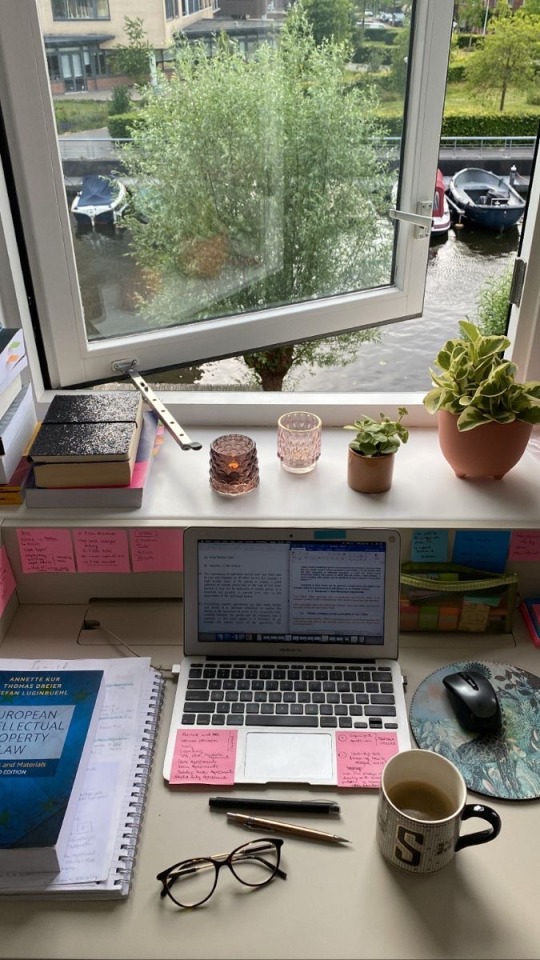
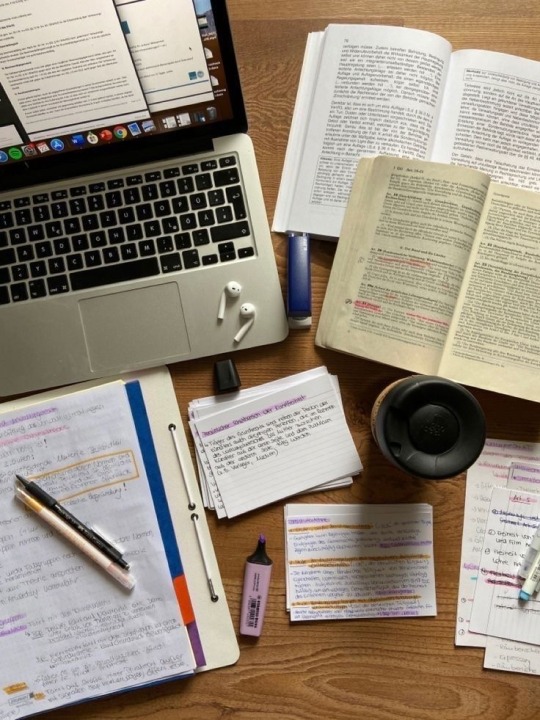
how to revise effectively
revision is a very important part of education, but many people have no idea how. in this post i'm going to outline the basics of revision. it's important to note that different subjects will require you to revise differently, there is no one size fits all when it comes to revision.
less is more- studying for 30 focused minutes is way more effective than a 5 hour study session while you watch tv.
work on exam technique- this is such an overlooked part of revising for an exam, but if you know how to answer the questions and what structures to use, it will really help you. ask your teacher or search for your exam board online to find out the best way for your subject and exam board.
manage distractions- if like me you get distracted super easily, you need to create an environment with limited distractions. this means put your phone on do not disturb, if your house/place of study is noisy put some headphones on and listen to classical music or study ambience (my favourites are the Harry Potter rooms by Asmrweekly on youtube). if you get distracted while studying by thinking of things you need to do, something that's really helped me is to have a piece of paper next to me that i can write all my thoughts on, so i can continue studying and do what i've written afterwards.
set precise goals for your study session- this helps to reduce procrastination. for example, if I put "study geography" on my to do list i'll procrastinate, but if I put "do 30 flashcards for the topic hazards" I have a clear idea of what I need to do
use the pomodoro method- having breaks is really important in keeping you engaged while you're studying. I don't follow the typical timings, but I usually do between 30-45 minutes of studying followed by a 10-15 minute break depending on how I'm feeling
utilise your study breaks- it's so easy to pick your phone up and scroll through tiktok until you realise your 5 minute break turned into a 3 hour tiktok binge. when I go on a study break, I only go on my phone to snap people back, or for a little scroll on pinterest. I also like to get some more water, grab a snack and stretch. If I'm having a longer break, I'll try to get outside and go for a walk, especially if the weather is good (in England this is about 5 days of the year haha)
now, onto different ways to revise
doing past papers
doing flashcards
making timelines
doing essay plans
making mindmaps
blurting
quizzes
if you study languages, practicing translations or specific types of questions that come up in the exam (for my exam board this is things like gap fill activities, 90 word listening or writing summaries, finding synonyms in a text etc.)
#studying#healthy eating#exercise#healthylifestyle#reading#sixth form#high achiever#high school#exam season#exams#exampreparation#pomodoro method#past papers#mind map#timeline#revision#study blog#study motivation#student#study aesthetic#study goals#exam tips#exam technique#education#education system#work hard#quizzes#language study#language student#university
13 notes
·
View notes
Text
ASR: An Exact method for measuring your language abilities

Imagine I played you a podcast in the language you are learning and I slapped you every time you heard a word you do not know. On average, how often would I slap you? What a weird question to begin with, right? It may not be obvious yet, but the answer to that question is a very good way of measuring your language abilities. If I were cocky, I would even say it’s the best method.
“Okay, Mr Cascade Languages, prove it,” I hear you say. “My pleasure”, I respond. The measuring of language abilities has at least one thing in common with the measuring of rainfall. With rainfall, you first need to choose the part of the world whose rainfall you want to measure. With language abilities, you first need to specify the environment against which language abilities need to be assessed. Let me use an example to demonstrate what I mean.
Hiroshi is a Japanese high school student who is studying English so he can study Philosophy in Australia. ASR is a good method for measuring Hiroshi’s English abilities (I’ll get to what ASR stands for in a minute). The environment in the case of Hiroshi is that of a Philosophy student in Australia. The first step of ASR is to sample the environment. Australia already has Philosophy students and sampling the environment would simple consist of recording the speech and language interactions of Philosophy students in Australia. We find some Philosophy students (say, 5 or so), then stick recording devices on them and record all the English they are exposed to for a semester. This will include everything they say, hear, read and write. The second step of the ASR method is the most fun (for us, the assessors).
Having compiled a recording that is representative of the language environment of Australian Philosophy students, we assess Hiroshi against it. We play the recording and whenever Hiroshi is exposed to a word he is not familiar with, we slap him. Not only that, we keep track of the frequency we slap Hiroshi. When Hiroshi is still a beginner, we would be slapping him at a high rate (e.g. 200 slaps a minute). As Hiroshi’s English abilities improve, the rate also reduces. After Hiroshi’s abilities have improved to a level where we would consider him proficient, the slap rate will be low (e.g. 5 slaps an hour). Oh, ASR stands for Average Slap Rate.
The beauty of ASR is that it is exact and determined without subjectivity. The same cannot be said of other methods. Most commonly, if you ask someone how good they are in a language, they will say something like, “lower intermediate.” This assessment is based on what level they feel they are at. It is an in-exact subjective estimate. ASR is not an estimate, it is a measurement. It’s an independently measured number which describes how well you would fare in the environment you intend to interact and communicate.
133 notes
·
View notes
Text
read it on ao3!
title: a howl of romance from all your sleeping dogs
words: 4.7k
rating: mature (mainly for violence)
summary:
When everything around her is going to shit, Yelena likes to make a list of things that are true.
These things are true:
Her name is Yelena Belova and she is the world's best assassin.
She just witnessed her target get blown up in front of her and it wasn't even her fault for once.
The authorities are looking for lone travelers, and that is exactly what she is.
There is an American woman at the bar who very obviously checked her out when she came in, and this American woman is her ticket to staying out of a Hungarian prison.
(Later, Yelena will think back on this moment and realize that she vastly underestimated this American woman.)
“Hey beautiful,” and it’s definitely not Yelena’s best opening line, but the brunette woman seems charmed.
“I usually go by Kate.” She says, and everything begins to unravel from there.
continue on ao3
#kate bishop#yelena belova#bishova#fanfic#marvel fic#my fic#slightly more blood in this one!#we're getting there#I feel like I have to slowly lead my new little marvel girlies down the path of blood as a love language#because the fics for marvel are uh. much more tame than the shit I write for wn lmaoo#I don't mean that as a bad thing just an observation#so I'm doing ye olde frog in a pot method with my new marvel besties
20 notes
·
View notes
Text
nonverbal richie tozier who uses AAC send tweet
#i love the idea of richie being talkative but not in the quote unquote traditional sense#after years of using the same program he knows where everything is and it’s just muscle memory#maggie and went make sure he has access to swears and like mature language bc just bc he doesn’t speak w his voice doesn’t mean he doesn’t#understand it or shouldn’t have access to words that his verbal friends do#also he and bill commiserate over people making fun of their speech differences#and on days when bill’s stutter gets bad richie offers him his tablet so he can use his program#eventually bill just gets his own on his phone or smth so then he’s not depriving richie of his method of communication#richie tozier#autistic richie tozier
24 notes
·
View notes
Text
Maybe it's me. I don't know. But I feel like Duolingo is trolling me.
I've been using the app for six months now. I still don't know how to count any numbers, the days of the week, the names of the months, essential verbs like "to be" or "to know", or important phrases like "Can you please speak slower?" or "I need help," but by God I can tell you "My crocodile is already at the theater" in perfect Russian.
#moy krokodil uzhe v teatre#tbf i'm just using it once a day#but like... it never covered the basics#it's all food and furniture. idgi#this is the third language and third different learning method i've had#first was classroom. then guided audio. now app#the app so far is the worst
13 notes
·
View notes